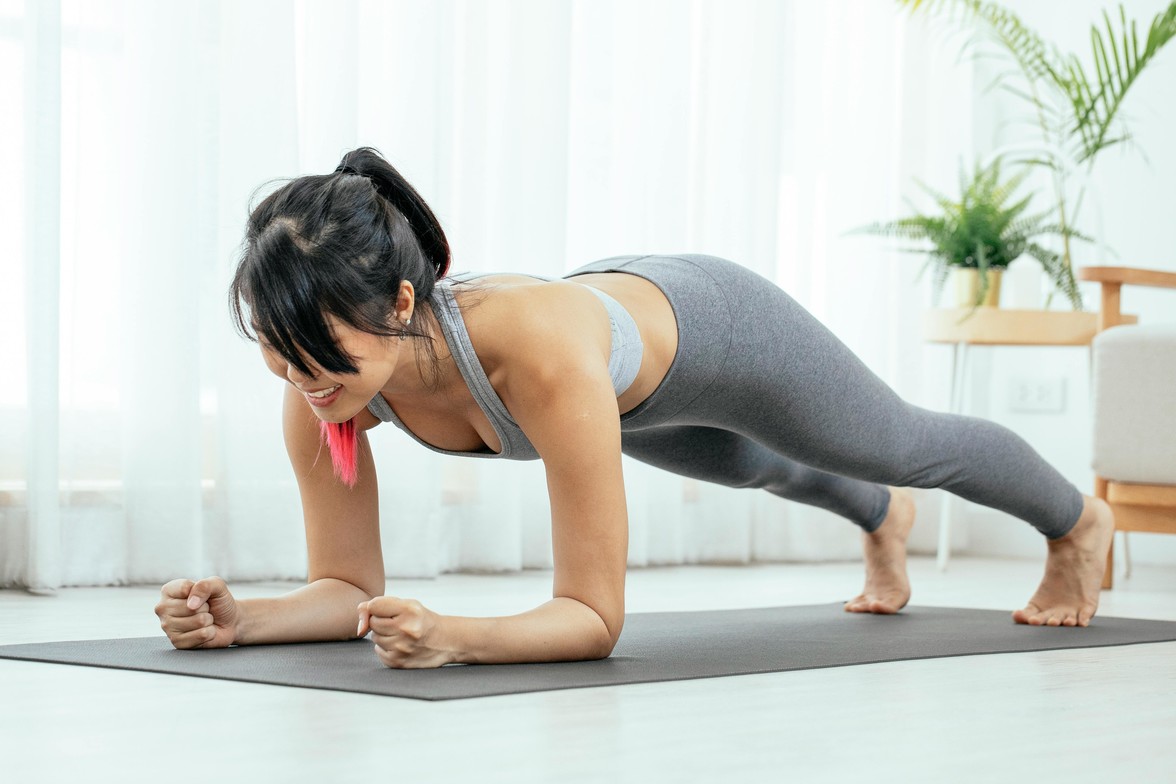
Functional training has become a cornerstone in modern physiotherapy, focusing on exercises that mimic everyday activities to improve overall mobility and strength. Unlike traditional exercise routines, which often isolate specific muscle groups, functional training is designed to enhance the movements you perform in daily life. Whether it's lifting groceries, climbing stairs, or simply getting out of a chair, this approach to training can make these tasks easier and more efficient.
Understanding Functional Training
At its core, functional training emphasizes multi-joint and multi-muscle exercises that replicate common movements. This type of training not only builds strength but also improves balance, coordination, and flexibility. Physiotherapists often integrate functional exercises into treatment plans to help patients recover from injury, prevent future problems, and optimize overall physical health.
The beauty of functional training is its adaptability. It can be tailored to suit people of all fitness levels and abilities, making it a versatile tool in physiotherapy. By focusing on movements that you regularly perform, this training method ensures that your body is better prepared to handle the physical demands of daily life.
Benefits Beyond the Gym
One of the key advantages of functional training is its real-world application. The exercises you perform during a functional training session directly translate to improved performance in your everyday activities. For example, squats can enhance your ability to lift objects from the ground, while lunges can improve your balance and stability when walking or climbing stairs.
Functional training also plays a significant role in injury prevention. By strengthening the muscles and joints involved in daily movements, you reduce the risk of strains, sprains, and other common injuries. Additionally, for those recovering from injury, functional exercises can help restore movement patterns and build resilience, reducing the likelihood of re-injury.
Incorporating Functional Training into Your Routine
Adding functional training to your regular exercise routine doesn't require specialized equipment or a gym membership. Many functional exercises, such as bodyweight squats, lunges, and planks, can be done at home with little to no equipment. If you're unsure where to start, a physiotherapist can assess your current physical condition and guide you through exercises that align with your specific needs and goals.
Functional training is more than just a trend; it's a practical and effective way to enhance your everyday movements and improve your overall quality of life. By incorporating these exercises into your routine, you can enjoy better mobility, strength, and injury prevention, making your day-to-day activities smoother and more comfortable.
The content in this blog is for informational purposes only and is not a substitute for professional medical advice, diagnosis, or treatment. Always consult your doctor or a qualified healthcare provider before trying new healthcare protocols.



